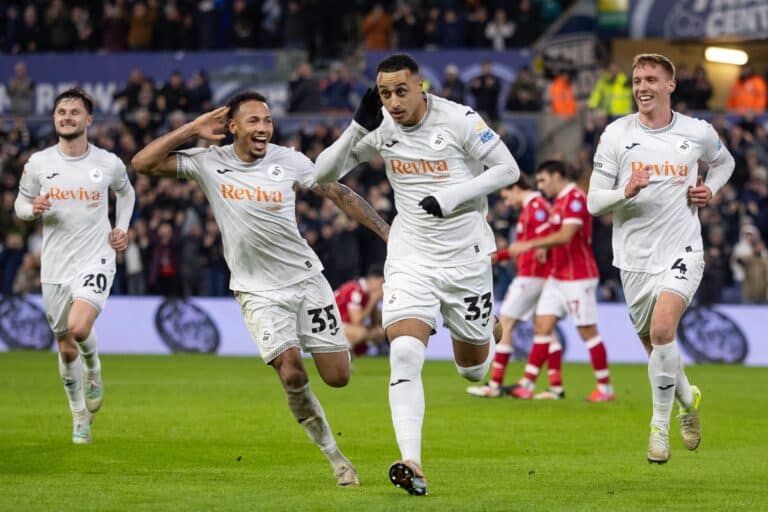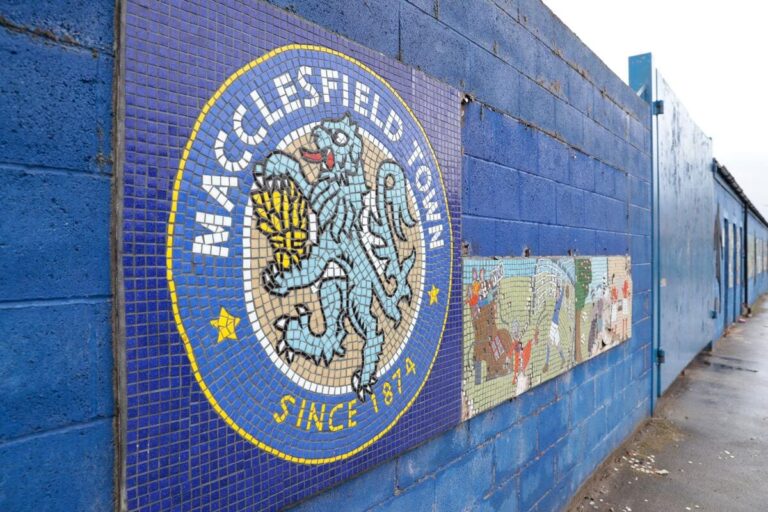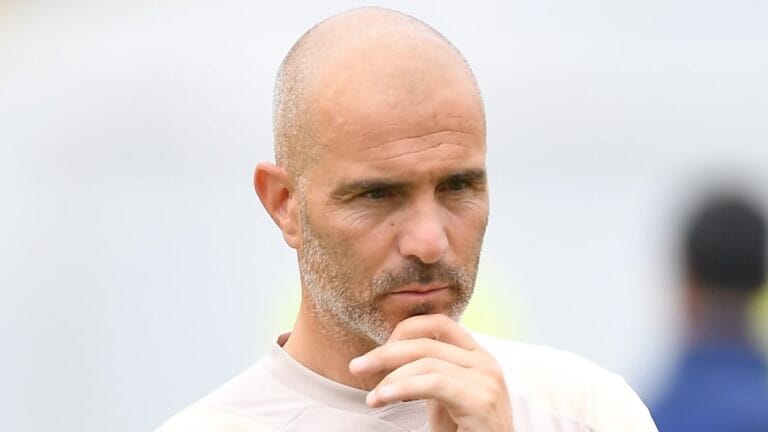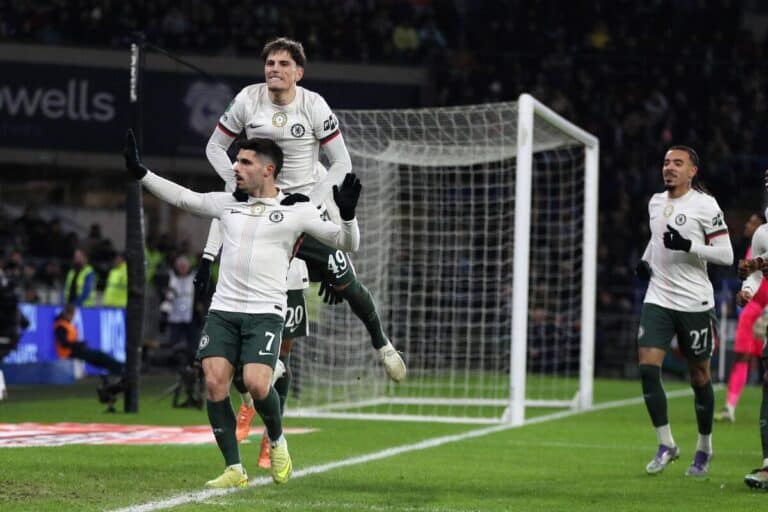Premier League considering scrapping VAR!
“It has led to numerous unintended negative consequences that are damaging the relationship between fans and football"
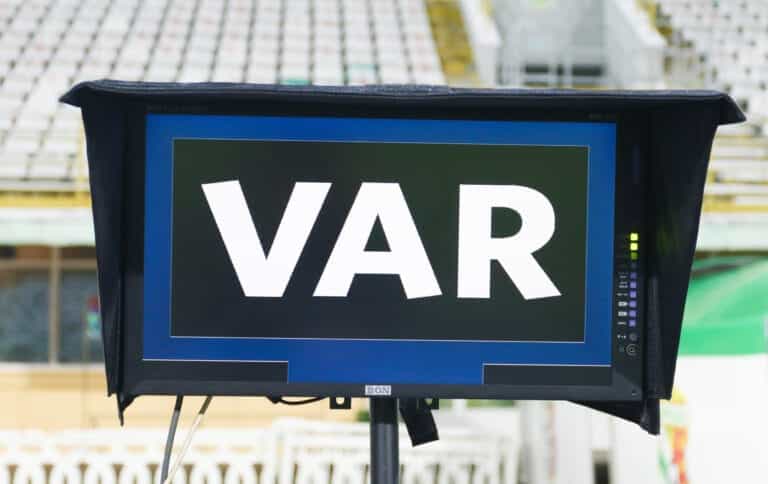
Clubs in the English top flight believe the use of VAR has been “damaging the relationship between fans and football”, according to a statement released by Premier League side Wolverhampton Wanderers.
Introduced in the 2019/20 season, the purpose of the Video Assistant Referee (VAR) was to help officials make key decisions in matches.
However, since its introduction, it has caused more harm than good amid a number of questionable decisions and inconsistencies.
A statement published by Wolves read:
“It has led to numerous unintended negative consequences that are damaging the relationship between fans and football and undermining the value of the Premier League brand.”
Table of Contents
How soon could VAR be scrapped?
All 20 Premier League clubs will vote on the decision to scrap the technology at the annual general meeting on the 6th of June.
The Premier League rules state that for any rules to change, it needs a two-thirds majority vote. This would mean 14 out of the 20 clubs would have to vote in favour of the scrap.
With Wolves already a side confirmed for supporting the scrap, 13 more clubs need to vote in favour of removing VAR.
“There is no blame to be placed — we are all just looking for the best possible outcome for football.”
The statement released from Wolves, a side far too familiar with being on the side of the decisions from VAR, assures it is not a case of a blame game but to protect the integrity of the game.
They insist that: “all stakeholders have been working hard to try and make the introduction of additional technology a success. However, after five seasons of VAR in the Premier League, it is time for a constructive and critical debate on its future.”
Wolves Nine Reasons
- Goal celebrations are impacted, and the spontaneous passion that makes football special.
- Frustration and confusion inside stadiums due to the length of checks and poor communication.
- Hostile atmospheres increased with protests, booing of the Premier League anthem and chants against VAR.
- Overreach of VAR’s original purpose to correct clear and obvious mistakes, now over analysing subjective decisions and compromising the game’s fluidity and integrity.
- Diminished accountability of on-field officials, due to safety net of VAR, leading to an erosion of authority on the pitch.
- Continued errors despite VAR, with supporters unable to accept human error after multiple views and replays, damaging confidence in officiating standards.
- Disruption of the Premier League’s fast pace with lengthy VAR checks and more added time, causing matches to run excessively long.
- Constant discourse about VAR decisions often overshadowing the match itself and tarnishing the reputation of the league.
- Erosion of trust and reputation, with VAR fuelling completely nonsensical allegations of corruption.
